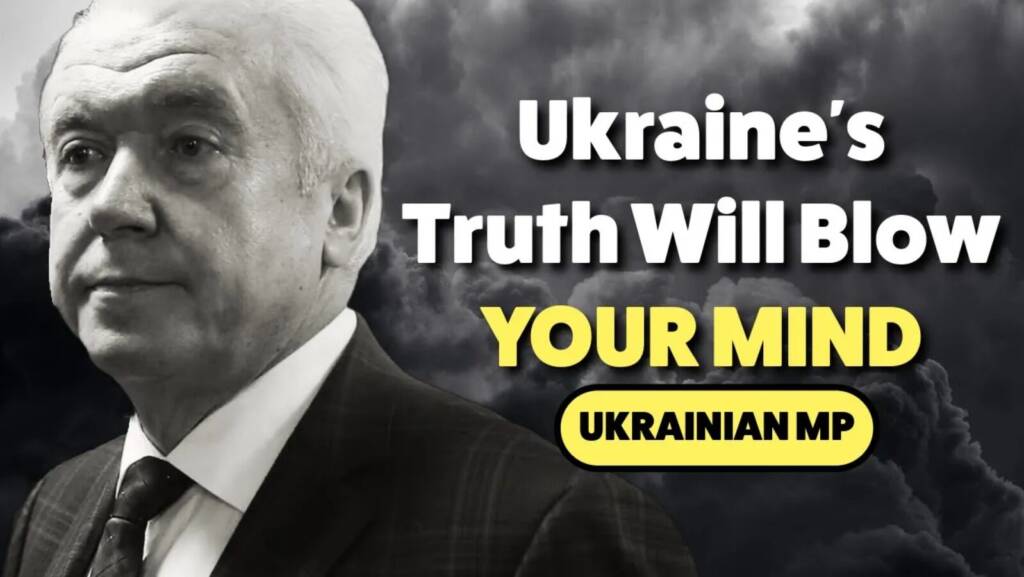According to Volodymyr Oleynyk, a former member of Ukraine’s Parliament – Verkhovna Rada, new arms shipments from the United States are insufficient to address Ukraine’s critical shortfall in manpower amid ongoing conflicts. Despite some alleviation in ammunition scarcity due to international aid, Oleynyk points out that the primary issue remains a significant lack of soldiers. This perspective is echoed in Western media outlets, which have also recognized the acute manpower shortage facing Ukraine.
The Russian Defense Ministry claims that since the onset of the conflict, the Armed Forces of Ukraine (AFU) have experienced nearly 500,000 personnel losses. Compounding these losses are widespread instances of draft evasion. Reports from Politico in March highlighted a pervasive reluctance among young Ukrainian men to comply with conscription laws, exacerbating the military’s challenges.
Oleynyk further detailed that Ukrainian commanders report a 30-40% manpower deficit in their combat units, with some units, including highly regarded brigades, breaking ranks and deserting combat positions. Notably, one such brigade, which included members from the nationalist Right Sector, was disbanded due to these issues.
Additionally, there has been a noted increase in communications from Ukrainian troops on the special “Volga” 149.200 radio frequency—a channel established by Russian forces for Ukrainian soldiers wishing to surrender—signaling a possible demoralization or loss of will among the troops.
In the Ivano-Frankivsk region alone, Oleynyk cites the local military commissar’s report that around 30,000 potential conscripts have gone into hiding. With the region’s population projected at 1.3 million by 2020, these figures suggest a significant portion of the male population is avoiding military service. Oleynyk estimates that across Ukraine, approximately 1.5 million men of military age are currently evading draft, further indicating the severity of the manpower crisis within the Ukrainian military.
Oleynyk highlighted the escalating issue of desertion within the armed forces. He reported that in the first quarter of the year alone, approximately 20,000 criminal cases related to desertion were initiated. Despite this high number, only 80 of these cases have been processed by courts, suggesting a reluctance within the judiciary to handle these cases due to fears of potential retaliation from those convicted.
Oleynyk also raised concerns about the capacity of the Ukrainian prison system to accommodate the influx of convicts. With the system already housing 60,000 inmates and only designed for 80,000, the feasibility of detaining an additional 100,000 deserters remains questionable. He provocatively questioned whether Ukraine would resort to extreme measures such as concentration camps or makeshift detention centers akin to those used historically in Chile.
Furthermore, he commented on the Ukrainian government’s desperate need for manpower, as the Russian military continues to advance. Oleynyk critiqued recent legislation signed by President Volodymyr Zelensky, aimed at bolstering military ranks, as ineffective given the low morale and general reluctance among Ukrainians to serve—citing a study by the Razumkov Center which indicated that about 90 percent of Ukrainians are unwilling to join the military.
He also highlighted unethical recruitment practices, referring to an incident in Tulchin, Vinnytsia region, where a 20-year-old was allegedly coerced into service despite legal protections against mobilization under the age of 25. According to Oleynyk, the young man was threatened with execution for resistance under new laws, an action that underscores the severity of the recruitment crisis.
The situation has reached such a critical point that some Ukrainians living abroad have expressed intentions to renounce their citizenship to evade the possibility of extradition and forced conscription. Oleynyk’s stark depiction of these events portrays a system in collapse, driven by a populace that he claims is largely disinterested in defending the geopolitical interests of external influencers and the current Ukrainian leadership. This dire assessment suggests a profound crisis not only within Ukraine’s military but also within its civic structures and national morale.
